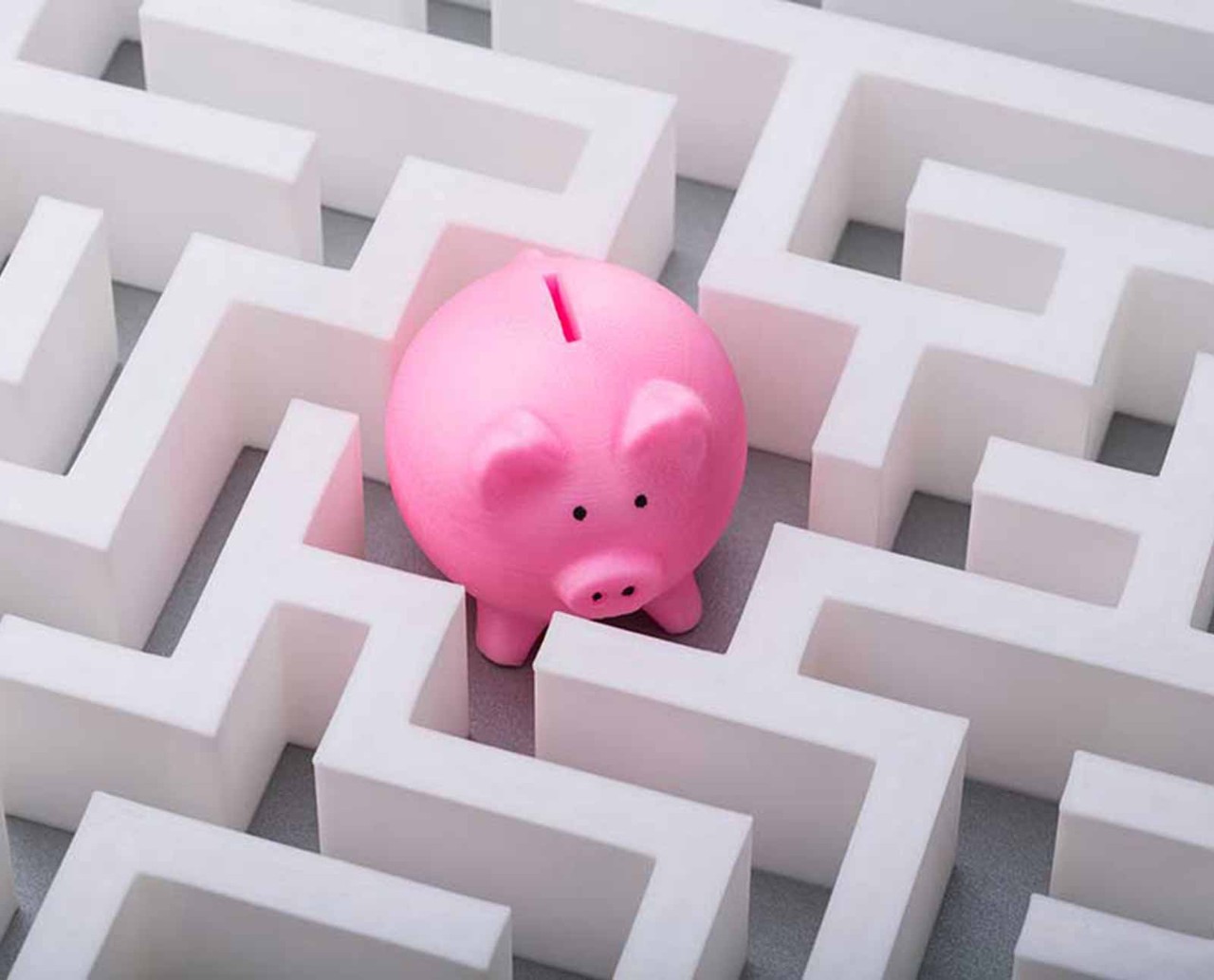
For most of us, our levels of anxiety have increased significantly this past year due to the far-reaching impact of the global pandemic. As we move into 2021, we can’t underestimate how this may continue to affect our mental wellbeing.
We each have different thresholds for stress. A key event that causes one person’s sleepless night may cause someone else to feel excited.
Some stress can be useful. High amounts for a short period of time can actually improve performance. We perform best when there is an appropriate amount of pressure to do a task we believe we can accomplish.
However, too much pressure manifests in emotional and physical symptoms. You are likely to lose your ability to focus, which causes your performance to deteriorate. You then begin to worry about your poor performance, which perpetuates stress levels. If this continues, you’ll find yourself experiencing overwhelm.
Becoming consciously aware of your emotions and behaviour will help you to understand yourself, and your triggers, better
What is overwhelm at work?
The most common signs of experiencing overwhelm at work include:
- exaggerated responses to what is usually an insignificant situation – for example, shouting at your laptop or snapping at a colleague
- difficulty focusing on tasks or being easily distracted
- avoidance or withdrawal from colleagues or friends as we imagine that other people are much better at coping with stress and will judge us negatively, causing feelings of inadequacy and shame
- shallow breathing, fidgeting and twitching; if you sit hunched at your computer for long periods, you can’t maintain a deep or relaxed breathing pattern
- fatigue or lethargy that cannot be alleviated by sleep
- difficulty in sleeping – artificial light (including from computer screens) activates the suprachiasmatic nucleus in your brain, which regulates your circadian rhythm, so if you’re working until late in the evening you’ll find it harder to get to sleep, and the quality of that sleep will be poor
Break the cycle
When you’re in a state of overwhelm it can be difficult to get yourself out of it. This is partly because your right prefrontal cortex is activating your sympathetic nervous system. This releases adrenaline and noradrenaline, which raise your blood pressure and prepare your body for fighting or running away. In this state, your brain shuts down non-essential neural circuits, making it difficult to concentrate, make decisions and remember details, as well as decreasing your capacity to learn.
This arousal causes anxiety, nervousness and low mood, and you are more likely to perceive what other people say or do as negative or threatening, entering what psychologist Marie Asberg calls the ‘exhaustion funnel’.
There are three important steps you can take to break the cycle: noticing it, naming it and getting into action.
Take notice
First, notice what’s going on in this moment. What critical thoughts are you having that come and go, and come again? What negative emotions can you feel rise and fall? Where in your body are you feeling tension? Are you engaging in healthy, self-supportive behaviours or unhealthy, mindless activities?
Becoming consciously aware of your emotions and behaviour will help you to understand yourself, and your triggers, better. You might like to keep a journal for three days. You may notice specific triggers that activate certain emotions and behavioural patterns. Writing down your experience will help you to develop self-awareness, making it easier for you to choose to react to triggers in a rational and healthier way.
Name your shame
Naming how you feel will help you to move beyond any sense of shame. Choose someone you trust to listen to you for five minutes, or use a private coaching service or employee assistance programme. Saying how you feel out loud may feel awkward at first but can help to reduce the pressure you are putting yourself under to retain an ‘I’m fine’ façade.
I do it every time I find myself procrastinating. I’ll say out loud to myself or my partner: ‘I’m procrastinating on this, and feel ashamed because I should have started it three days ago, and I’m struggling to get going on it. I feel like a bad person for not having started it already.’ Something shifts in my mind and body, as if I’ve released myself from the self-sabotaging shackles and I’m able to move on with the project.
Be (gently) proactive
Finally, get into action. This stage helps you to be proactive, in a gentle way. Use my ‘teeny-tiny steps’ method (it sounds playful because I believe that if something is fun you are more likely to do it), as follows.
Decide one task you are supposed to be focusing on and break it down into a series of actions. Take the first action and break that down into a series of smaller actions. Then take the first action and break that down into a series of smaller actions… you get the picture! This makes it much easier to focus on the most important task at hand. Keep going until you know what your first three actions are and commit to doing the first one (or more) today.
By following this process, you can avoid feeling overwhelmed by what might seem like an insurmountable task. You are proactively helping yourself to begin to perform at your peak, which in turn will feed your self-confidence and build your mental resilience.
More information
To support you through the pandemic and beyond, ACCA has brought together some useful resources for working and wellbeing



